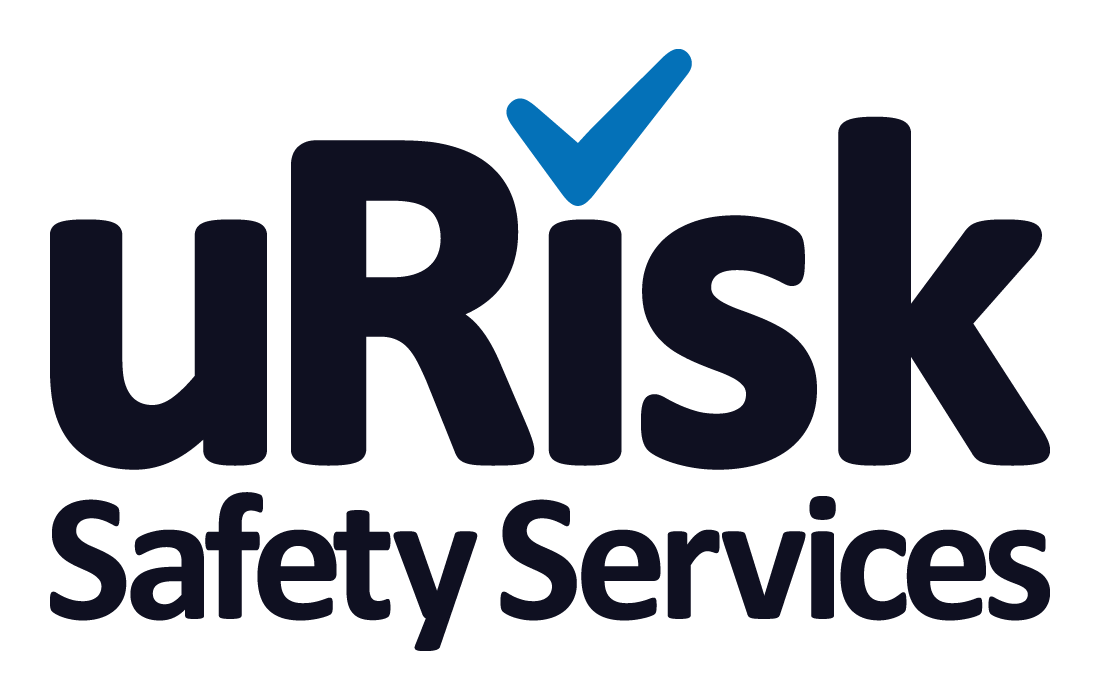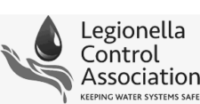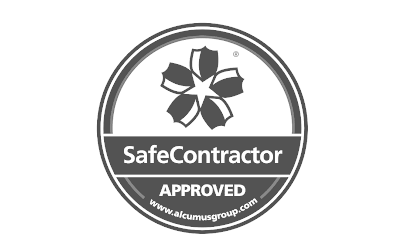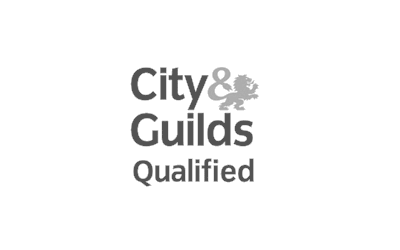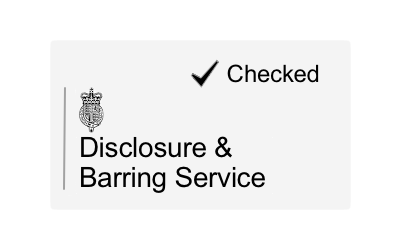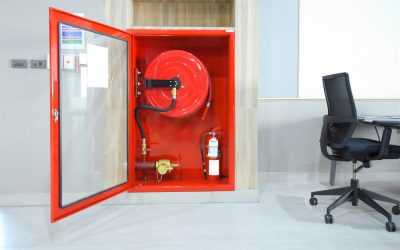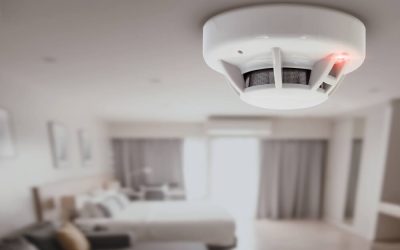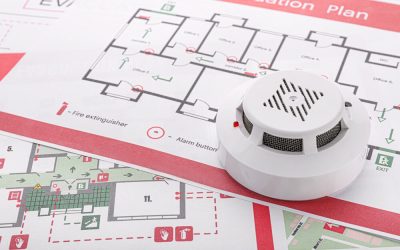Reopening your business – Not all risks are Covid-19 related
The coronavirus lockdown announcement by Boris Johnson on 23rd March forced the closure of many businesses across the UK and the majority of employers and employees abandoned their workplaces to work from home if they could. This meant that buildings which were used to being busy activity hubs and used regularly were suddenly deserted and have been left empty ever since. Now, with the easing of restrictions and the guidance for businesses that they can reopen with social distancing in place, another risk, Legionnaires’ disease, has come to light for any organisation with a water supply to their building or premises which has been shut down for the duration of the lockdown period.
What is Legionnaires’ disease?
Legionnaires’ disease is a potentially fatal form of pneumonia which is contracted by breathing in droplets of water containing the Legionella bacteria. It cannot be spread from person to person but the symptoms of Legionellosis, a high temperature, a cough and shortness of breath are similar to those of Covid-19 with the same at-risk groups being affected as well.
Whilst rare, the risk of Legionnaires’ disease is more enhanced in the summer during warmer weather as the bacteria thrive at temperatures between 20°C and 45°C. The occurrence of Legionella in water is also greatly increased in buildings which have been abandoned or inactive for long periods of time because the hot and cold water systems have not been running during the lockdown and this leads to water stagnation and the increased risk of bacteria forming. Therefore, it is vitally important for companies to recognise this and take decisive steps to protect themselves and their staff and visitors before they reopen for business.
Which businesses are most at risk?
The businesses and establishments most at risk have been identified as including gyms, hotels and spas, restaurants, public buildings, factories, hairdressing salons, beauty salons, dental practices, offices and schools with outbreaks possible in all of these buildings via contaminated water sources such as taps, showerheads and air conditioning units connected to water systems that haven’t been used for more than seven days. Business owners and directors have been advised to assess their water safety plans to comply with Health and Safety regulations and ensure that a full and thorough sanitisation is carried out before employees return to work.
What are the exact measures to be taken?
Employers are legally required to safeguard their employees, customers, visitors and contractors from Legionella. Advice from Public Health England (PHE) is that all businesses should have been carrying out regular flushing of the water systems in their vacant buildings during the lockdown period to prevent the growth of bacteria. In the absence of this, and for buildings that have not been used or maintained regularly, effective water management protocols will have to be put in place due to the potential to cause a public health risk. These preventative measures should start with a complete water system recommissioning. Thorough flushing, cleaning and disinfecting is imperative and then water testing should be carried out before the building is reopened. Once these have been taken place, risk assessments should be updated to include any changes which have been made and give employers and employees the peace of mind that it is safe to return to work.
Contact us to book your empty building recommissioning service now.
Legionella and Water Hygiene Blog Posts
Office Fire Risk Assessment
As you would expect, keeping your office safe from the risk of fire is a legal requirement under the Regulatory Reform (Fire Safety) Order 2005. If you are the owner or manager of a business, or landlord of an office building, it is your responsibility to ensure your...
Fire Risk Assessment For Flats
Your legal requirements as a landlord include taking precautions to keep your tenants safe, including when it comes to the risk of fire in flats. As part of the fire safety regulations, fire risk assessments for flats is therefore part of your legal obligation to...
Getting A Risk Assessment For Fire in the UK
As an employer, landlord or facilities manager, it is your legal responsibility to keep everyone who uses your premises safe. A fire risk assessment is an important part of this because it identifies what might cause a fire so you can take steps to prevent one, as...
